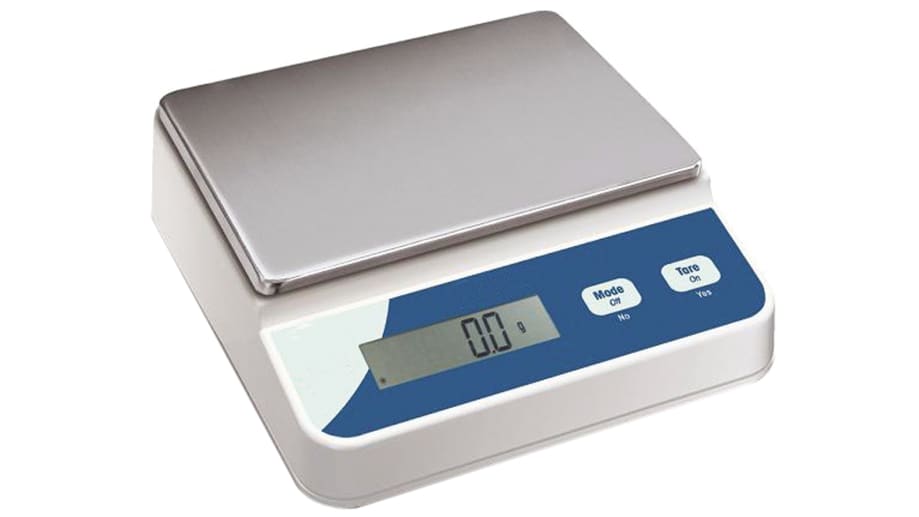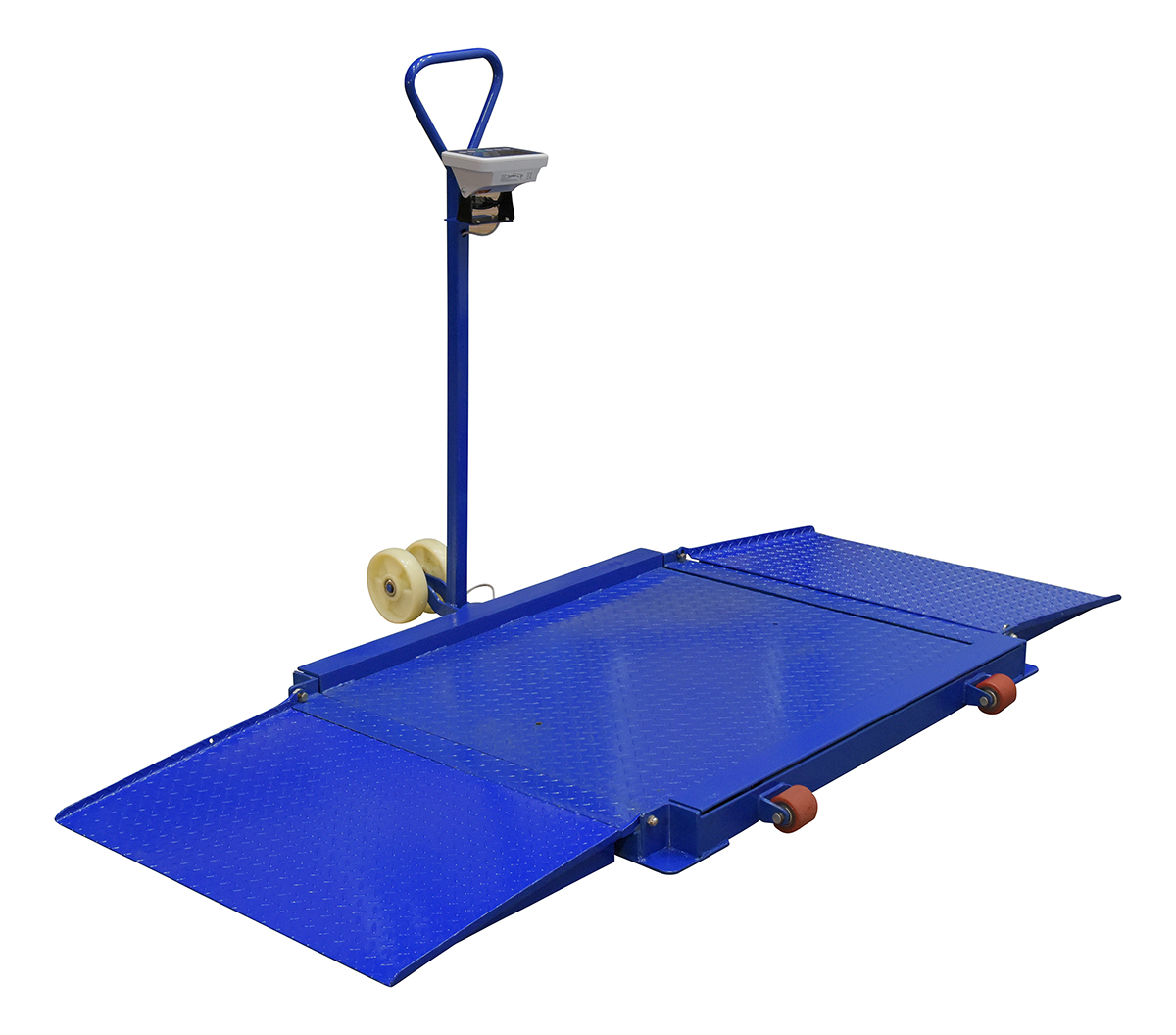The Importance of Regular Calibration for Your Industrial Scales
The Importance of Regular Calibration for Your Industrial Scales
Blog Article
How Commercial Scales Job: A Thorough Summary for New Users
Recognizing the technicians behind commercial ranges is essential for brand-new users that intend to guarantee accuracy in their dimensions. These devices depend on lots cells and pressure scale technology to transform weight right into a quantifiable format, but the subtleties of their procedure prolong beyond simple capability. From the different types offered to the essential strategies for appropriate usage and maintenance, each element plays a considerable duty in attaining trustworthy outcomes. As we check out these parts, one must consider just how these components interact to enhance performance in varied commercial applications.
Basics of Industrial Scales
Industrial ranges are necessary devices used throughout numerous markets, consisting of manufacturing, logistics, and agriculture, to make certain exact weight measurements of hefty lots. The basic principle behind commercial scales includes the conversion of weight into a measurable kind that can be shown electronically or analogically. These scales use numerous devices, such as tons cells or mechanical levers, to figure out the weight of items put upon them.

In addition to their dimension capacities, commercial scales are developed to endure harsh settings, including durable building and construction that resists dust, moisture, and hefty effects. Calibration and maintenance are crucial to make certain precision, as also minor discrepancies can bring about substantial financial implications. By understanding the essentials of commercial ranges, users can value their significance in numerous commercial applications.
Sorts Of Industrial Scales
Various kinds of industrial ranges satisfy the varied requirements of different industries, each made to deal with particular weighing tasks with precision and integrity. Among one of the most common types are floor ranges, which are perfect for weighing heavy and cumbersome items. These ranges usually include big systems and can suit palletized items, making them necessary in stockrooms and delivery centers.
An additional type is bench ranges, which are frequently made use of for smaller sized things in production and retail setups. They provide precise dimensions for items that call for precision, such as chemicals or components in production line (Industrial Scales). For mobile operations, mobile ranges supply flexibility and convenience of transport, suitable for fieldwork or momentary setups
In applications calling for high-capacity measurements, such as in mass material handling, crane ranges and tons cells are utilized. These scales can gauge tons suspended from a crane or various other lifting apparatus, ensuring safety and accuracy during operations. Additionally, specialized ranges like checkweighers are utilized in production lines to keep quality assurance by ensuring that items fulfill weight specifications. Each sort of industrial scale plays an essential role in boosting functional efficiency and accuracy across different markets.
How Considering Systems Work
Evaluating devices are important parts that enable exact measurement of mass throughout different industrial ranges. These mechanisms utilize numerous principles of physics and engineering to offer exact weight readings, essential for inventory administration, quality assurance, and conformity with regulatory requirements.
One typical kind of considering device is the lots cell, which operates the principle of strain assesses. When a lots is used, the load cell deforms somewhat, generating an electrical signal symmetrical to the weight. This signal is after that exchanged a readable weight dimension by the scale's electronics.
An additional extensively used mechanism is the mechanical equilibrium, which employs a system of weights and bars. Industrial Scales. This technique relies upon the principle of equilibrium, where the weight of the item being gauged is stabilized versus understood weights, permitting direct dimension
Additionally, pneumatically-driven and hydraulic scales utilize fluid characteristics concepts to measure weight. These systems use the pressure exerted by a load to identify weight, offering high accuracy for huge tons.
Appropriate Usage Strategies
When using industrial ranges, sticking to appropriate use techniques is vital for making certain exact measurements and preserving devices integrity. It is important to choose the proper scale for your details application, as scales differ in capacity More about the author and precision.
Before evaluating, make certain that the scale is positioned on a secure, level surface area devoid of disturbances or resonances. This will aid to lessen errors triggered by exterior factors. Furthermore, calibrate the scale according to the manufacturer's specs before make use of, making certain that it is functioning correctly.
When placing items on the scale, disperse the weight evenly to avoid tipping or harming the equipment. Always permit the scale to stabilize prior to tape-recording the weight, as changes may take place throughout preliminary positioning. For bulk materials, utilize containers that are ideal for the scale size to stop overloading.
Moreover, prevent positioning cold or extremely hot things directly on the range, as temperature level variants can affect precision. Finally, keep the evaluating system free and tidy of particles to avoid contamination and make sure trusted results. By complying with these strategies, customers can optimize the efficiency and long life of their commercial scales.
Upkeep and Calibration Tips
Ensuring the long life and precision of commercial ranges requires attentive upkeep and regular calibration. A precautionary upkeep routine is crucial; it ought to include routine assessments to recognize deterioration, particularly on lots cells and other sensitive elements. Consistently cleansing the scale's surface and ensuring the surrounding location is devoid of particles will certainly help keep its honesty and performance.
Calibration is just as essential and ought to be executed at routine periods or whenever the range experiences considerable changes in temperature, moisture, or physical displacement. Use qualified calibration weights that are traceable to national requirements for accuracy. File each calibration session meticulously to track efficiency in time and recognize any type of fads or reoccuring issues.
Furthermore, bear in mind the range's atmosphere. Stay clear of positioning it near sources of resonance, electromagnetic interference, or extreme temperatures, as these variables can negatively impact dimensions. Ultimately, train all operators on appropriate scale use and maintenance protocols to ensure consistent efficiency and precision. By adhering to these maintenance and calibration tips, users can boost the integrity of their industrial scales, making certain click for more optimum procedure in any setup.
Final Thought

Recognizing the auto mechanics behind industrial scales is crucial for brand-new customers who desire to make sure accuracy in their measurements.Industrial scales are essential tools used across various fields, including production, logistics, and farming, to make certain precise weight dimensions of hefty lots. The fundamental concept behind industrial scales entails the conversion of weight into a measurable type that can be presented electronically or analogically. By recognizing the fundamentals of commercial scales, users can appreciate their relevance in different industrial applications.
In verdict, understanding the procedure and maintenance of industrial scales is crucial for making sure exact weight measurements in various applications. (Industrial Scales)
Report this page